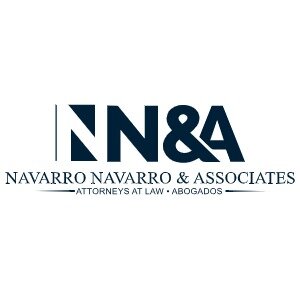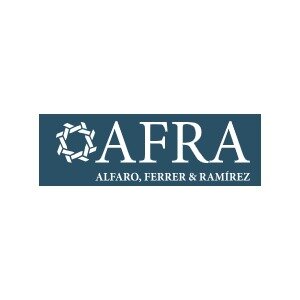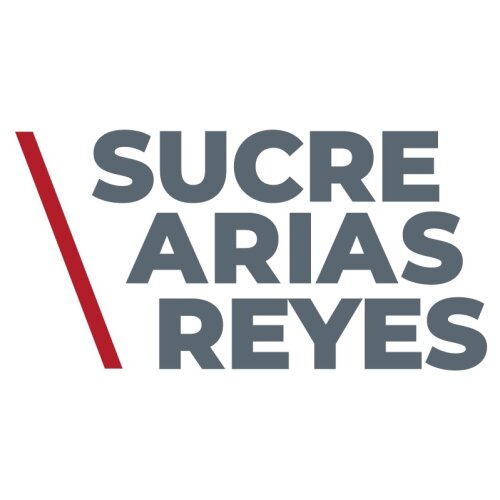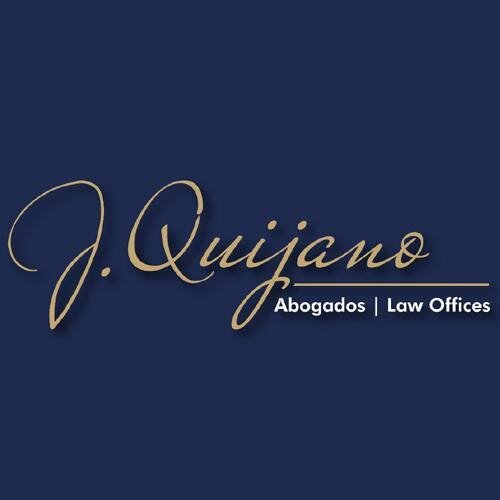Best Housing, Construction & Development Lawyers in Panama
Share your needs with us, get contacted by law firms.
Free. Takes 2 min.
Free Guide to Hiring a Real Estate Lawyer
Or refine your search by selecting a city:
List of the best lawyers in Panama
About Housing, Construction & Development Law in Panama
Housing, Construction & Development law in Panama is a comprehensive legal area that governs the planning, design, construction, and management of buildings and infrastructure within the country. Panama has experienced a significant influx of foreign investment and growth in real estate, driven by its strategic location, robust economy, and favorable conditions for developing infrastructure projects. The legal framework is designed to ensure sustainable development, offer protection to property owners, and promote compliance with regulations and standards.
Why You May Need a Lawyer
There are numerous situations in which individuals or businesses might require legal assistance in Housing, Construction & Development in Panama:
- Property Transactions: Buying or selling property involves complicated legal processes requiring an understanding of Panamanian property laws.
- Construction Projects: Developers and contractors need to navigate building codes, land use laws, and zoning regulations, often necessitating legal counsel.
- Dispute Resolution: Conflicts may arise over contract terms, project delays, or construction quality, requiring legal intervention to resolve effectively.
- Due Diligence: Foreign investors often require thorough legal assessments of properties and projects to ensure compliance and avoid potential pitfalls.
- Environmental Compliance: Legal advisors can assist in understanding environmental regulations and ensuring adherence in development projects.
Local Laws Overview
Several key aspects of Panamanian laws pertain to the field of Housing, Construction & Development. These include:
- Building Codes and Standards: Regulations set forth by Panamanian authorities that establish minimum construction standards.
- Zoning Laws: These laws regulate land usage, ensuring activities are conducted in appropriate areas. Understanding these is vital before purchasing or developing property.
- Environmental Regulations: Developers must comply with environmental assessment requirements, which can affect project approval and timelines.
- Property Rights and Ownership: Laws that address land ownership, titles, and registration, important for secure property transactions.
- Contract Law: Governs the agreements made in the development sector, covering all aspects from initial planning to project execution.
Frequently Asked Questions
What should I know before buying property in Panama?
Before purchasing property, it’s crucial to verify the property's title, understand zoning restrictions, and ensure compliance with all legal requirements. Hiring a lawyer to handle these processes is often recommended.
Are there restrictions for foreign property ownership in Panama?
Panama allows foreigners to own property with the same rights as Panamanian citizens. However, certain areas near borders and coastlines may have specific restrictions.
What permits are required for construction projects?
Typically, building permits, environmental impact assessments, and zoning approvals are required before commencing construction.
Can property developers enforce building code compliance?
Yes, developers are obligated to ensure all construction projects comply with local building codes and standards to ensure safety and legality.
How are construction disputes resolved in Panama?
Disputes can be resolved through negotiation, mediation, arbitration, or taking legal action in Panamanian courts, depending on the contract terms.
What environmental considerations must be taken into account?
Developments must adhere to the environmental regulations which include getting the necessary assessments and approvals before proceeding.
How can I ensure my property has a clear title?
Conduct a thorough due diligence and title search, typically performed by a lawyer, to confirm the legitimacy of property ownership.
What are the tax implications of property ownership in Panama?
Property taxes are assessed annually based on the property value, and understanding these is essential to factor in the ownership costs.
What is the role of a developer in a construction project?
A developer is responsible for overseeing the project from initiation to completion, ensuring compliance with legal, safety, and financial obligations.
How can I find a reliable lawyer in Panama for housing and development issues?
Look for lawyers with expertise in real estate and construction law, possibly through local bar associations or recommendations from trusted sources.
Additional Resources
Several organizations and governmental bodies can provide valuable information and assistance:
- Ministry of Housing and Territorial Planning (MIVIOT): Governs housing policy and development in Panama.
- Panama's National Environmental Authority (ANAM): Provides information on environmental requirements and compliance.
- Public Registry of Panama: Offers services related to property registration and titling.
- Real Estate Associations: Local associations may offer resources and recommendations for legal professionals in this field.
Next Steps
If you require legal assistance in Housing, Construction & Development in Panama, consider the following steps:
- Research and Consult: Conduct online research and consult with local experts or professionals to identify your specific needs.
- Hire a Qualified Lawyer: Choose a lawyer with experience in real estate and construction law in Panama. They can provide guidance and representation relevant to your situation.
- Engage with Local Authorities: Ensure you are in compliance with all local regulations and engage with governmental bodies for any necessary permits or approvals.
- Stay Informed: Keep updated on changes in the legal landscape of housing and development in Panama to mitigate risks and ensure compliance.
Lawzana helps you find the best lawyers and law firms in Panama through a curated and pre-screened list of qualified legal professionals. Our platform offers rankings and detailed profiles of attorneys and law firms, allowing you to compare based on practice areas, including Housing, Construction & Development, experience, and client feedback.
Each profile includes a description of the firm's areas of practice, client reviews, team members and partners, year of establishment, spoken languages, office locations, contact information, social media presence, and any published articles or resources. Most firms on our platform speak English and are experienced in both local and international legal matters.
Get a quote from top-rated law firms in Panama — quickly, securely, and without unnecessary hassle.
Disclaimer:
The information provided on this page is for general informational purposes only and does not constitute legal advice. While we strive to ensure the accuracy and relevance of the content, legal information may change over time, and interpretations of the law can vary. You should always consult with a qualified legal professional for advice specific to your situation.
We disclaim all liability for actions taken or not taken based on the content of this page. If you believe any information is incorrect or outdated, please contact us, and we will review and update it where appropriate.
Browse housing, construction & development law firms by city in Panama
Refine your search by selecting a city.

















